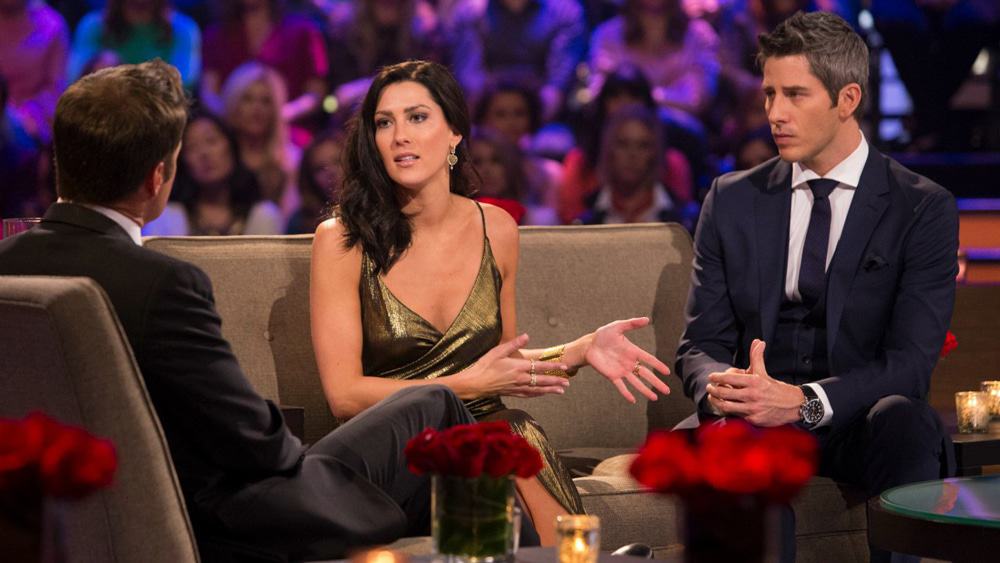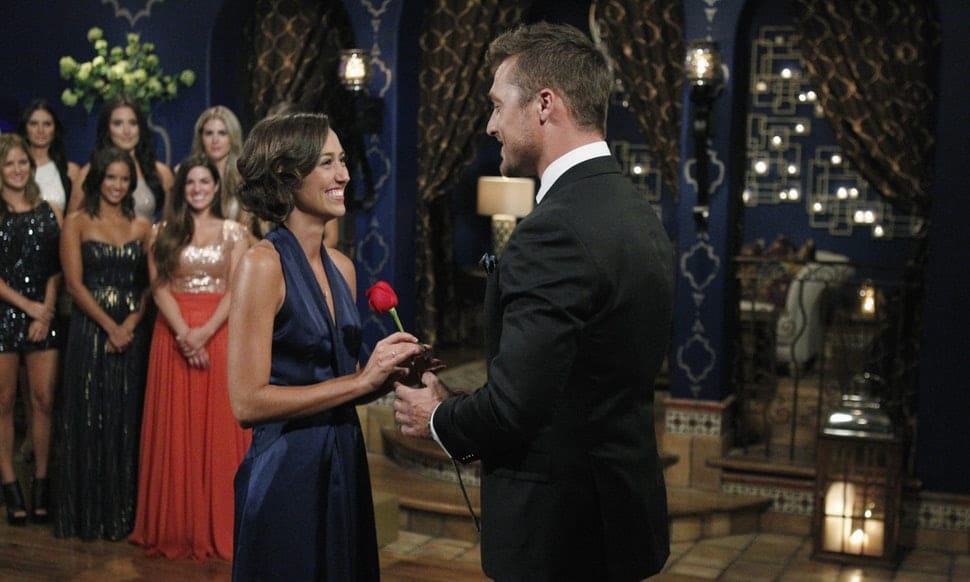
Looking for love is one of the few things that perhaps every person can relate to, a journey that any person can understand. So what happens when that journey is molded into a made-for-TV spectacle? You get twenty-five potential suitors, rose ceremonies, and a whole lot of drama.
Over the years, The Bachelor has grown exponentially as a franchise, its viewership remaining steady and its following—a self-proclaimed group of fans called Bachelor Nation—continuing to grow. The success of the original show has led to the introduction of several spin-offs, namely the gender-reversed The Bachelorette, but also other related shows such as Bachelor Pad and Bachelor in Paradise, which typically involves contestants from previous seasons of the two shows mentioned prior. But what exactly is it that draws audiences to the franchise, enabling its continuous success?
For those who are less familiar with the premise of The Bachelor and The Bachelorette, it typically goes something like this: a single eligible man or woman is presented with a pool of potential romantic suitors, and the end of the season typically ends in a marriage proposal to the person of his or her choosing. The pool of suitors live together in a mansion and the group decreases progressively throughout the season, each episode typically ending with a rose ceremony, in which the contestants who do not receive a rose are subsequently eliminated.
At first encounter, the show’s concept does come across as a little odd. A man or woman essentially dates several people in the hopes of finding a future partner, and when they finally find “The One,” not only are they making their relationship official—they’re putting a ring on it. It’s a common reaction for many to scoff at this premise, but its cult following is proof enough that the show seems to offer a sort of allure that is appealing to many.
The current season of The Bachelorette is currently wrapping up with only a few episodes to go and only three men left standing. This season is following the journey of Becca Kufrin, the franchise’s fourteenth Bachelorette. Kufrin was previously on the most recent season of The Bachelor, and was actually the winner, having been proposed to by the season’s Bachelor, Arie Luyendyk, Jr. However, Luyendyk infamously broke off the engagement during the show’s follow-up episode filmed a few weeks after the proposal, claiming that he had made the wrong choice (garnering a lot of disapproval from viewers). It was then announced that Kufrin was to be the next Bachelorette, giving audiences a chance to watch her find love—albeit more successfully this time.

Introducing previous contestants from the series as the next Bachelor or Bachelorette is a common occurrence for the franchise, likely because the sense of familiarity with the main player makes audiences more excited to watch and readily root for them. Among the actual contestants themselves, while all are typically new faces, there are generally a few individuals who have particularly strong personalities, and who are most often the instigators of drama (a key factor in the Bachelor success formula).
But above all else, the show maintains the message that finding true love is possible—an argument can be made either for or against the authenticity of this message, but it is nonetheless what the show claims to stand for. This represents a means of escapism for many who watch: it provides the direct path to a fairy-tale ending, and audiences can indulge in watching it happen to someone, thus becoming a guilty pleasure for many.
But despite what the show promotes, the reality often works out slightly differently: the vast majority of the show’s endgame couples are no longer together. There are some who survived the aftermath of the show, but few have actually made it to the altar. This could easily be because contestants are actually isolated from society during filming.
According to Amy Kaufman in her book “Bachelor Nation: Inside the World of America’s Favorite Guilty Pleasure,” she explains that contestants are virtually living inside of a bubble during filming—there is no access to TV, phones, or internet. The contestants have no interaction outside of each other and do not get to leave the mansion unless it is for the purpose of the show. Without any of these connections to the outside world, the contestants don’t have to think twice about devoting all their energy towards the person they are pursuing. This further supports the sense of escapism provided by the show in terms of its separation from reality—it’s no wonder the couples are often met with a certain fate once they re-enter society.
Seeing as escapism is a strong contributing factor to the show’s appeal, Bachelor Nation didn’t take it too well when just this past season, multiple episodes were interrupted for announcements involving the President. Many took to Twitter to express their resentment, and while many kept things lighthearted, the small uproar demonstrated just how upsetting an interruption of that escape could be—but perhaps that is true of most of us when it comes to a show we wait all week to escape into the world of.
The culture surrounding the franchise is truly a fascinating one, and it is one that will likely continue to keep drawing audiences in. If there’s anything that the show has mastered, it’s the ability to maintain a relevance that keeps viewers coming back for more. Like all successful reality shows, it has found a way of integrating its way into our norm as a society. As manufactured as its path to love may possibly be, it sure is entertaining to watch. A guilty pleasure, indeed.
Related Topics: Reality TV, the bachelor, the bachelorette

